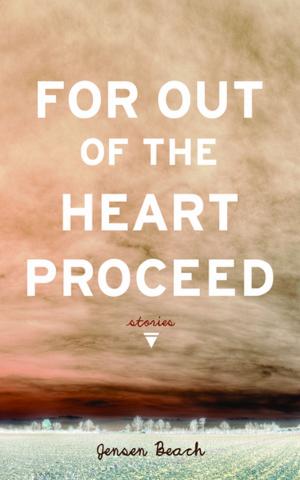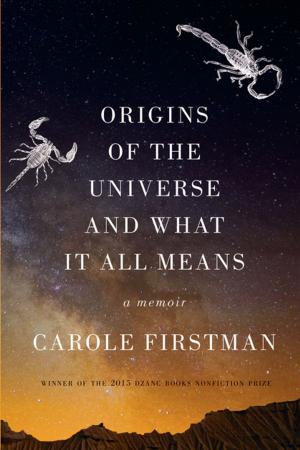Barbarossa
The German Invasion of the Soviet Union and the Siege of Leningrad: Sonnets
Fiction & Literature, Poetry, American| Author: | Jonathan Fink | ISBN: | 9781941088708 |
| Publisher: | Dzanc Books | Publication: | November 15, 2016 |
| Imprint: | Dzanc Books | Language: | English |
| Author: | Jonathan Fink |
| ISBN: | 9781941088708 |
| Publisher: | Dzanc Books |
| Publication: | November 15, 2016 |
| Imprint: | Dzanc Books |
| Language: | English |
The German invasion of the Soviet Union began on June 22, 1941. Over the next four years-from the initial invasion and sweep of the German army through the western Soviet Union, through the siege of Leningrad and the battle for Stalingrad-between 1.6 million and 2 million Soviet citizens perished. A citizen’s daily ration at the height of the siege was a square of bread the size of two fingers.
In Barbarossa, award-winning poet Jonathan Fink presents a collection of sonnets focusing on the individual lives of Leningrad citizens during the first year of the siege, from the initial German invasion of the Soviet Union to the formation of supply routes over the frozen Lake Ladoga. With precise language and breathless power, Fink illuminates the tension, complexity, and singularity of one of most colossal operations of World War II, and the lives it transformed.
In Barbarossa, award-winning poet Jonathan Fink presents a collection of sonnets focusing on the individual lives of Leningrad citizens during the first year of the siege, from the initial German invasion of the Soviet Union to the formation of supply routes over the frozen Lake Ladoga. With precise language and breathless power, Fink illuminates the tension, complexity, and singularity of one of most colossal operations of World War II, and the lives it transformed.
The German invasion of the Soviet Union began on June 22, 1941. Over the next four years-from the initial invasion and sweep of the German army through the western Soviet Union, through the siege of Leningrad and the battle for Stalingrad-between 1.6 million and 2 million Soviet citizens perished. A citizen’s daily ration at the height of the siege was a square of bread the size of two fingers.
In Barbarossa, award-winning poet Jonathan Fink presents a collection of sonnets focusing on the individual lives of Leningrad citizens during the first year of the siege, from the initial German invasion of the Soviet Union to the formation of supply routes over the frozen Lake Ladoga. With precise language and breathless power, Fink illuminates the tension, complexity, and singularity of one of most colossal operations of World War II, and the lives it transformed.
In Barbarossa, award-winning poet Jonathan Fink presents a collection of sonnets focusing on the individual lives of Leningrad citizens during the first year of the siege, from the initial German invasion of the Soviet Union to the formation of supply routes over the frozen Lake Ladoga. With precise language and breathless power, Fink illuminates the tension, complexity, and singularity of one of most colossal operations of World War II, and the lives it transformed.















